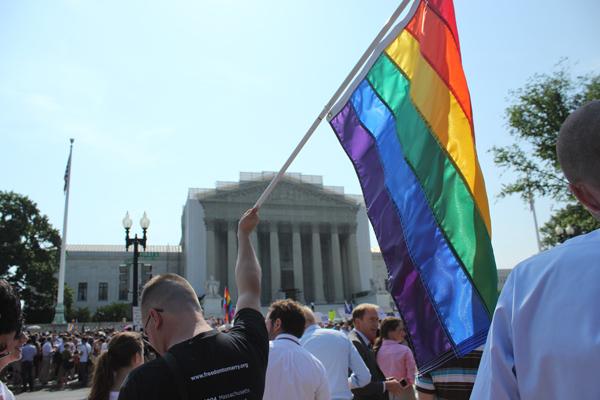Jul 11, 2013
The legal battle over same-sex marriage has shifted from the Supreme Court to state capitals and lower courts as supporters seek to build on their recent victories and opponents hope to thwart that progress.
Armed with Justice Anthony Kennedy’s decision striking down the Defense of Marriage Act, lawyers representing same-sex couples filed a lawsuit in Pennsylvania on Tuesday, and vowed to follow with others in North Carolina and Virginia.
Those cases will be added to at least 11 pending from New Jersey to Hawaii.
Read the Full Article

Already a subscriber? Login
